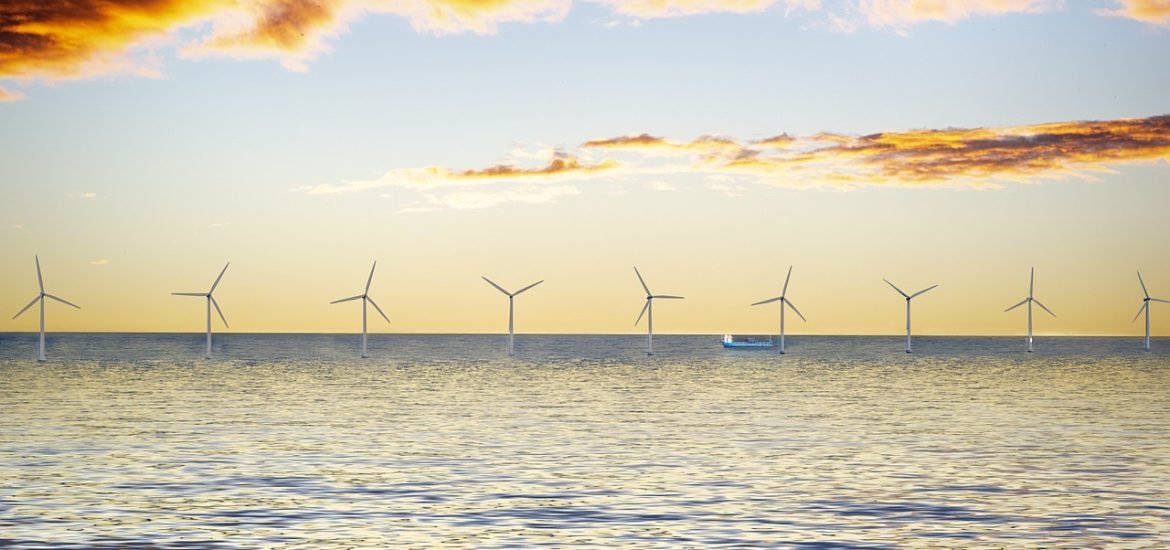
Offshore wind farms can be beneficial throughout their life cycle, according to a study published in the international journal Sustainable Production and Consumption. In this study, researchers from the Politecnico di Milano, Italy, assessed the environmental impacts of a floating offshore wind farm undergoing authorisation off the coast of Sicily.
“Results show that the environmental impacts of offshore wind farms with floating turbines are mainly associated with the life cycle of the wind turbine and the floating structure, and in particular with steel production,” said Mario Grosso, professor in Solid Waste Management and Treatment at Politecnico di Milano. “The other phases of the life cycle have much smaller contributions than the procurement phase.”
The team analysed procurement of materials, transport of components, assembly and installation with specialised vessels, maintenance during operation, disassembly, and end-of-life. “The analysis also included the other components required for building an offshore wind farm, with a particular focus on the electrical system for transmitting the energy produced, in order to assess the contribution of the implementation complexity of offshore installations to the wind farm overall impact”, added Lucia Rigamonti, professor in Methodologies for Life Cycle Thinking.
Comparing 1 GWh of energy from the national grid and 1 GWh of energy from the wind farm showed that the overall impacts of wind power are significantly lower in almost all categories analysed. For example, in the climate change category, it reduces impact by 92%as this technology allows the production of energy without the use of fossil fuels. There are also advantages in financial terms, with investments repaid in terms of greenhouse gas emissions and energy in 2 and 3 years, respectively.
“Overall, the results of the analysis provide a rough indication that helps make us aware of the environmental loadings of a renewable electricity generation system and to compare it with other energy sources,” said Gaia Brussa, a researcher at the Department of Civil and Environmental Engineering at Politecnico.
At the moment, there’s still not enough research looking at a complete life cycle analysis (LCA) of offshore wind farms with large turbines (over 15 MW) installed on floating structures. The authors suggest that to get an accurate picture regarding the environmental sustainability of offshore wind turbines, it is crucial to analyse renewable electricity generation technologies from a life-cycle perspective.
Brussa, G.; Grosso, M.; Rigamonti, L. (2023). Life cycle assessment of a floating offshore wind farm in Italy. Sustainable Production and Consumption, 39, 134-144.https://doi.org/10.1016/j.spc.2023.05.006